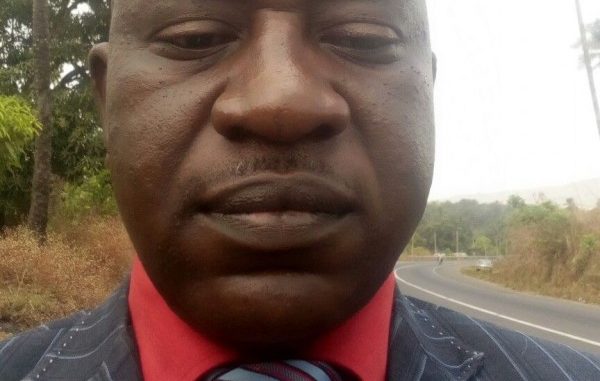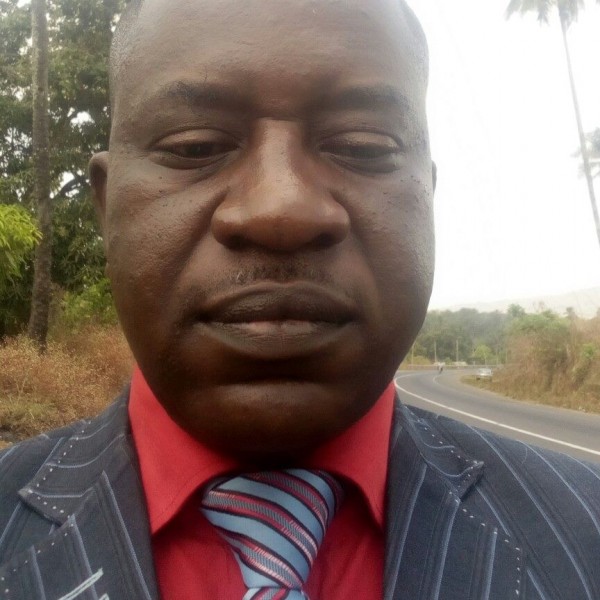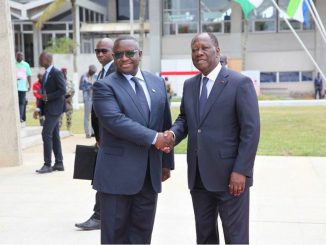
By Ahmed Sahid Nasralla (De Monk)
Newly appointed Deputy Minister of Information and Communications, Cornelius Deveaux, has encouraged media stakeholders to take advantage of the new political leadership in his ministry to push for the repeal of criminal libel laws and other media related matters.
Speaking at a one day symposium organized by the Sierra Leone Association of Journalists (SLAJ) on World Press Freedom Day, May 3rd 2016, on the theme: ‘Access to Information and Fundamental Freedoms. This is our right’, Deveaux said ensuring freedom of expression and of the press in Sierra Leone is government’s priority as independent, free and pluralistic media are central to good governance.
However, he said media practitioners should realize the Public Order Act of 1965, which contains seditious and criminal libel laws, is not just there to protect government officials, “but also to protect and uphold the rights of the ordinary citizens”.
“Removing the criminal libel sections of the Public Order Act will leave the general public unprotected. As a government we have to balance the right of our citizens to the protection of their reputations with rights of journalists to exercise their freedom of expression,” said Deveaux.
Nonetheless, he said government will continue to engage relevant stakeholders in mapping out a suitable alternative that will protect citizens from the “excesses of overzealous media practitioners, and some whom the public consider to be blackmailers in the guise of a noble profession, while at the same time ensure unlimited access to information alongside the safe guard of fundamental freedoms of media practitioners, citizens and public and private establishments”.
Speaking of government’s commitment to promote media freedom through strengthening the capacity of practitioners, Deveaux boasts that the All People’s Congress (APC) is the only government that has over the years appointed journalists to ministerial and other positions of trust to assist in nation building and shape the policies of Sierra Leone.
“As I speak to you on the celebration of World Press Freedom Day, over 10 journalists who were appointed from the independent media are serving as Press Attaches’ in our embassies abroad. Some 25 journalists have also just returned from a three-week long training session on New Media in China,” he said.
In 2014 the government established the Right to Access Information Commission through an Act of Parliament to ensure journalists as well as citizens have access to information on activities of government and its agencies. Although it’s an open secret that the Commission is grossly under-resourced and as a result not yet effectively functional, Deveaux believes with such a Commission in place “there is no excuse for reckless journalism”.
He therefore encouraged media practitioners to be professional as the media serves as a watchdog, while urging public officials to take proactive measures in making information readily available to give meaning to the Right to Access Information Commission.
“Let us use this day to redefine our partnership with government in ensuring access to information and fundamental freedoms; re-energize our commitment to repeal criminal libel laws; reshape our commitment in solidarity in the fight for press freedom,” Deveaux appealed.




